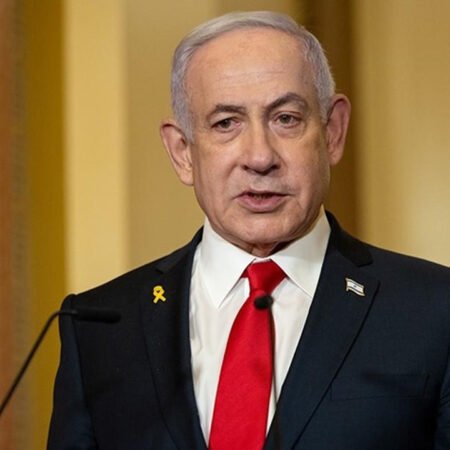KARACHI: In a case involving child sexual abuse, a sessions court sentenced a man to 14 years in prison.
Ashook was sentenced to 14 years in prison under Section 377-B (penalty for sexual abuse) of the Pakistan Penal Code (PPC) after Additional District and Sessions Judge (South) Abdul Zahoor Chandio found him guilty of sexually abusing a minor girl and taking indecent pictures of her.
The court noted that there is no proof of past animosity or malice between the accused and the complainant, nor has the defense offered any evidence or suggestion to support the existence of such animosity during the complainant’s or any prosecution witness’s cross-examination.
It went on to say: “The ocular evidence is natural, coherent, and reliable, leaving no doubt regarding the accused’s culpability. The defense failed to confront the complainant or any other key witnesses, such as the accused’s own daughter-in-law, with any plausible motive for falsely implicating the accused, and it cannot be believed that the victim baby of minor age has capacity to fabricate such serious allegations against the accused.”
The defendant was also fined Rs 1 million by the court, and he would be subject to an extra six months in jail if he didn’t pay.
While her mother was at work, the child survivor would go to her neighbor’s house, according to state prosecutor Irfana Qadri. Convict Ashook’s daughter-in-law discovered some offensive photos of the little girl on his cell phone while using it to make a phone call.
Later, the daughter-in-law told the young girl’s parents about the incident. The young girl testified that the accused photographed her after luring her in with candy.
According to the court, if the victim’s account is reliable and supported by additional evidence, it may be enough to convict them in a sexual assault case. As the court noted, “it is established law that victim testimony, particularly in cases of sexual offenses, holds significant weight.”
Barrister Bahzad Akbar, the complainant’s attorney, and the state prosecutor said during the trial that the prosecution had effectively proven its case against the accused by questioning eleven witnesses.
They argued that the case involved sexual abuse rather than rape, citing medical evidence. They also maintained that the victim’s evidence and the independent witnesses’ remarks made throughout the trial were adequate grounds for convicting the defendant.












No Comment! Be the first one.